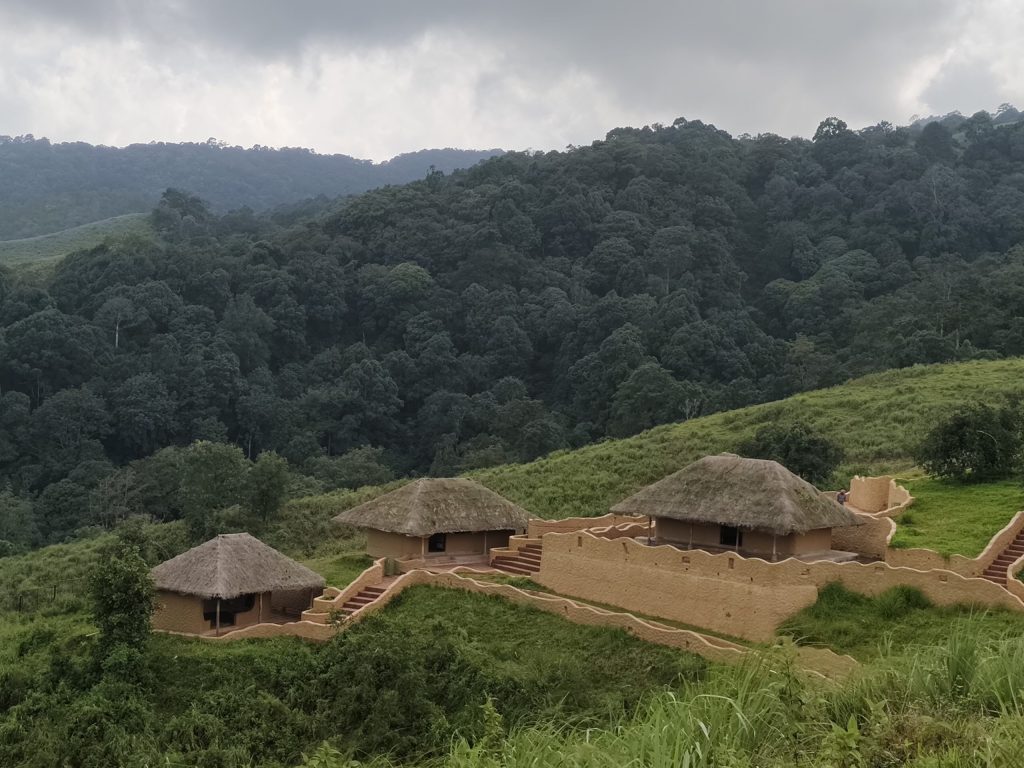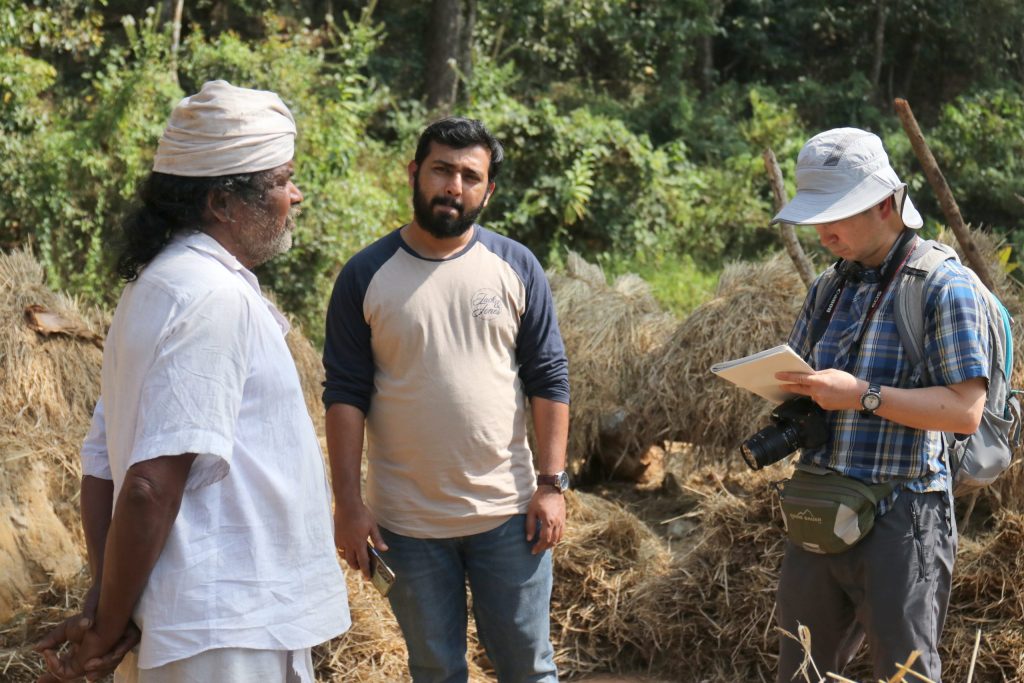Research
New Collaborative Research Publication: The socio-ecological impacts of tourism development in the Western Ghats: the case of Wayanad, India – Dr. Yoji Natori

Dr. Yoji Natori of AIU’s Global Studies Program has been conducting joint international research with Dr. Philip Varghese, a JSPS postdoctoral fellow hosted at AIU, have published an Open Access article together in Frontiers in Sustainable Tourism.
This article is based on their research highlighted in a previous post.
Abstract and Article Link

Globally, tourism is advocated as a development tool with the potential to uplift socioeconomic conditions for marginalized populations and contribute to biodiversity conservation. The expectation is that the tourism model of development can bring about positive social changes in diverse communities by broadening livelihood opportunities and concurrently preserving crucial ecosystems, which are regarded as valuable assets in the tourism sector.
We investigated Wayanad in the Western Ghats of India, challenging the notion of “tourism for development.” We examined the socio-ecological features of the region, the evolution of tourism and sustainable tourism, and the implications across various sectors. The research employed an empirical approach grounded in the critical examination of socio-ecological systems for tourism governance and sustainability. The data were obtained through in-depth interviews conducted in Wayanad and a review of the relevant literature.
The results reveal that despite the prevalent and persuasive arguments favoring tourism, there are extensive multi-sectoral implications in tourism development that negatively affect both the environment and people at large. These impacts include the erosion of agrobiodiversity-linked traditional Adivasi lifestyles, the displacement of local communities, the encroachment of tourism projects into forests and increased human–animal conflicts, the absence of social security measures for marginalized communities, a decline in traditional livelihood options, and an overreliance on the tourismindustry and the private sector. These discernible impacts have pushed the fragile region further into a socio-ecological imbalance.
Tourism development in ecologically delicate areas should take into account socio-ecological impacts because a region’s culture and nature are key components of its attractiveness as a tourist destination. Large-scale landscape planning should involve the perspectives of various stakeholders, including both direct and indirect participants who could be influenced by tourism. The marginalization of Adivasi communities that maintain the region’s ecological integrity is unproductive for both the economic and regional development interests of tourism.
Introduction of the Researchers
Dr. Philip Varghese
Dr. Philip Varghese is a JSPS postdoctoral fellow hosted at AIU since November 2022. He is also engaged with the United Nations University (Tokyo) Institute for the Advanced Studies of Sustainability’s Biodiversity and Society (BDS) program in various capacities.
Dr. Yoji Natori
Dr. Yoji Natori is an Associate Professor in AIU’s Global Studies Program, where he teaches in the Sustainability Studies cluster. He serves as Vice Chair of the Japan Committee for the International Union for Conservation of Nature (IUCN) and Honorary Advisor of Conservation International Japan.
